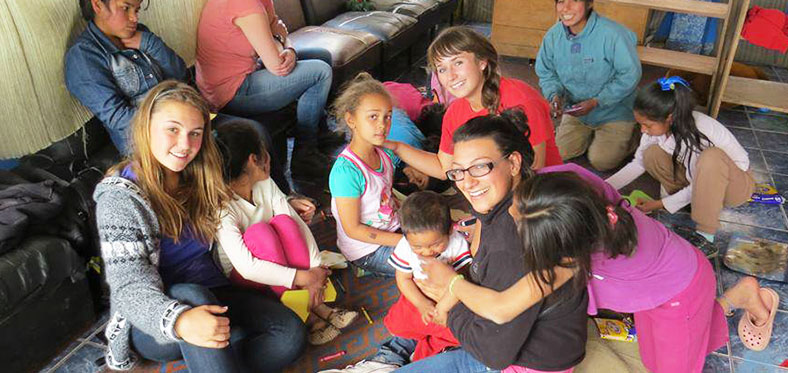
Learning another dialect is hard for the vast majority. Also, the more seasoned you are the less propelled you are and the less simple it is by all accounts. Experiencing a daily reality such that everybody is occupied with work we need to get results quick and need to figure out how to talk another dialect quick. Notwithstanding, learning another dialect is rarely simple and will take a great deal of time and thought exertion.
“The French language programming approach is to duplicate the manner in which we figured out how to communicate in English as a kid. The most flawlessly awesome approach to learn French is by tuning in and rehashing what others are stating.”
Right off the bat, to get familiar with another dialect you need to gain proficiency with the letters in order arrangement of the language. For dialects like Chinese, Japanese or Korean the letters in order is totally different. Hence, these dialects are viewed as additional tedious to adapt particularly perusing and composing the language. Second, you need to gain proficiency with the phonetics of the language. The manner in which consonants and vowels are sounded out is distinctive in each language. Thirdly, you have to learn the same number of words as you can which may take some time as you should think around 1000 words jargon to start to be familiar with the language.
Next, you need to learn word properties as the properties will reveal to you how to develop a significant sentence. The simplest method to learn and see how to build sentences is by tuning in to a local speaker of that language. It is prescribed to not learn syntactic principles when first learning a language since you will be de-persuaded by the obvious counter-intuitive structure of the language. Each language has decides of sentence structure that you will simply need to learn sooner or later however don’t stress yourself over that first and foremost.
At the point when you figured out how to talk as a kid you didn’t become familiar with the standards of punctuation of the language first. You learned single syllable words, for example, feline, canine, large, little, hot, cold and so on. At that point you graduated to two syllable words eg mother, father, sibling, sister and so forth. You would have taken in some basic action words eg talk, walk, run, eat, rest and so forth. You took in certain descriptive words that empowered you to be more expressive. At long last you began to develop basic sentences eg I am cold, you are resting, I like little canines and so forth. You would not have figured out how to peruse and compose until you could smoothly communicate in English. What’s more, you surely didn’t learn sentence structure until you could peruse and compose English fundamentals and went to class.
Can any anyone explain why most unknown dialect courses begin with showing the unpredictable guidelines of punctuation for a language. This is an unnatural method to gain proficiency with a language. Also understudies become exhausted rapidly and their pace of learning eases back down.
Inspiration is the key component to learning any language. Furthermore, an instructing technique that keeps understudies spurred through the beginning phases of learning another dialect is the way to effectively changing the understudy to cutting edge language study and familiarity. When an understudy becomes familiar learning a greater amount of the language is a lot simpler and fun. The understudy builds up a significant level of certainty with the language and really appreciates speaking with local language speakers
The French language programming approach is to duplicate the manner in which we figured out how to communicate in English as a kid. The most flawlessly awesome approach to learn French is by tuning in and rehashing what others are stating. This is the thing that you did as a kid. You replicated your folks and family. Despite the fact that you didn’t generally comprehend everything at first that didn’t make a difference. The youngster just duplicates and learns.










